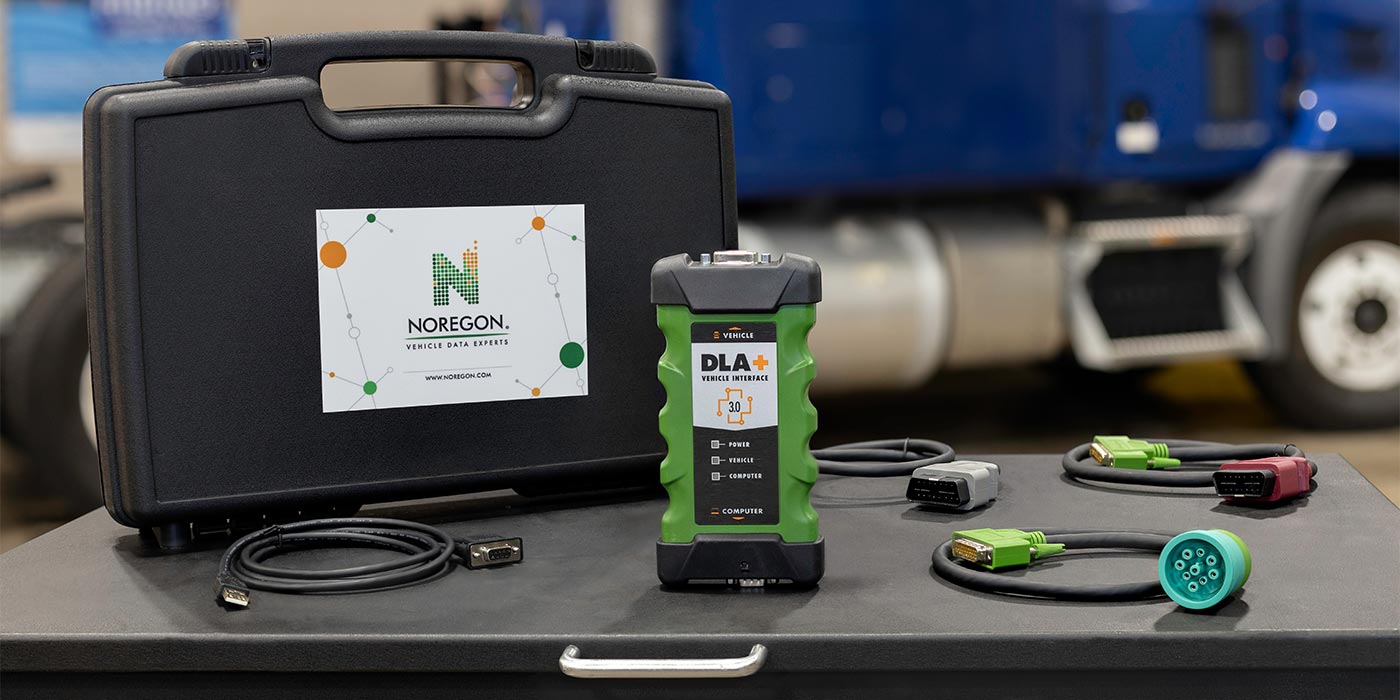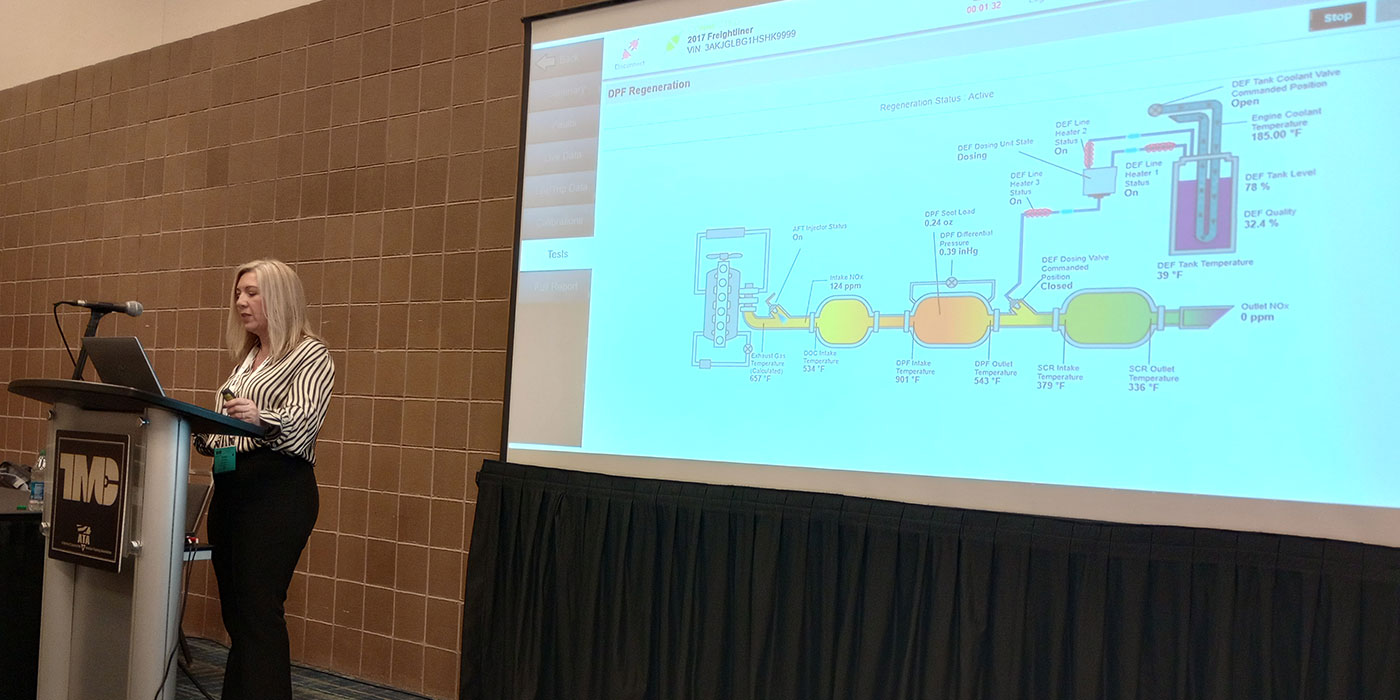The other day, a friend approached me with a question about the engine in their car. The issue was that the engine hadn’t consumed any oil since the last check. “How far have you driven since last checking the oil level?” I asked, aware of my friend’s fanatical approach to maintenance.
“I’m not sure,” came the reply, “but it has been a long time.”
As our conversation unfolded, it slowly came to light that the vehicle sat mostly parked for a few months due to holidays and winter illnesses. Thankfully, no engine oil loss was experienced while parked in the yard.
Time and mileage: Crucial factors in vehicle maintenance
That oil loss conversation underscored the importance keeping track of time and mileage when it comes to vehicle maintenance, whether it’s for a personal vehicle or the trucks in a fleet. Time and distance are key elements for diagnosing oil consumption and addressing other vehicle concerns.
There are instances when many miles are put on a vehicle in a short time. On the other hand, some vehicles may sit unused for a long time. My great-grandpa had a 1920-something Caterpillar Twenty tractor that he changed the oil on twice a year, whether the tractor was used or not.
While the practice ensured that the tractor received new oil at least twice a year, it also made for a family legend of how grandpa drained out new oil and poured in new oil twice a year in a tractor that never moved.
Decoding oil consumption: The need for accurate service records
To determine if an engine is losing or gaining oil, records need to be kept. Some oil consumption is completely normal, as there is no a perfect seal between the lubricated side of the engine and the combustion chamber. The service information for an engine will often provide details as to how much oil consumption is normal.
There are numerous reasons to maintain accurate service records. It is simple to refer back to the service history to see when various services were performed and when they are due again. However, when periodic fluid additions are carried out, they may not get recorded. This makes it challenging to verify the speed at which the oil level is reduced.
Utilizing an electronic program or a printed log book simplifies this tracking process, and minimizes the effort needed to identify increased consumption.
Proactive measures: Tips to monitor oil usage
Some additional ways to monitor oil usage include:
- Verify that the oil level checking procedure is carried out after an oil change to ensure the oil level is full.
- Check oil daily prior to vehicle operation.
- Look at the engine and under the vehicle for any signs of a leak.
- If there are no external oil leaks with excessive oil consumption, check the crankcase ventilation system and intake piping for proper operation.
- Ensure that the proper oil is being used for the engine under the current operating conditions.
- If the oil level is increasing, investigate why as soon as possible as coolant or fuel could be entering into the lubrication system.
Knowledge is key: Informed decision-making for vehicle owners
There is no question that oil and other fluid levels must be accurately maintained for quality operation. Tracking oil and other fluids between regular service intervals is extremely helpful in understanding and preserving overall vehicle health throughout its lifespan.
Observing gradual changes in fluid loss can also provide valuable insights into how long a vehicle can remain in service before major repairs or replacement are necessary. Knowledge is king when making decisions!














